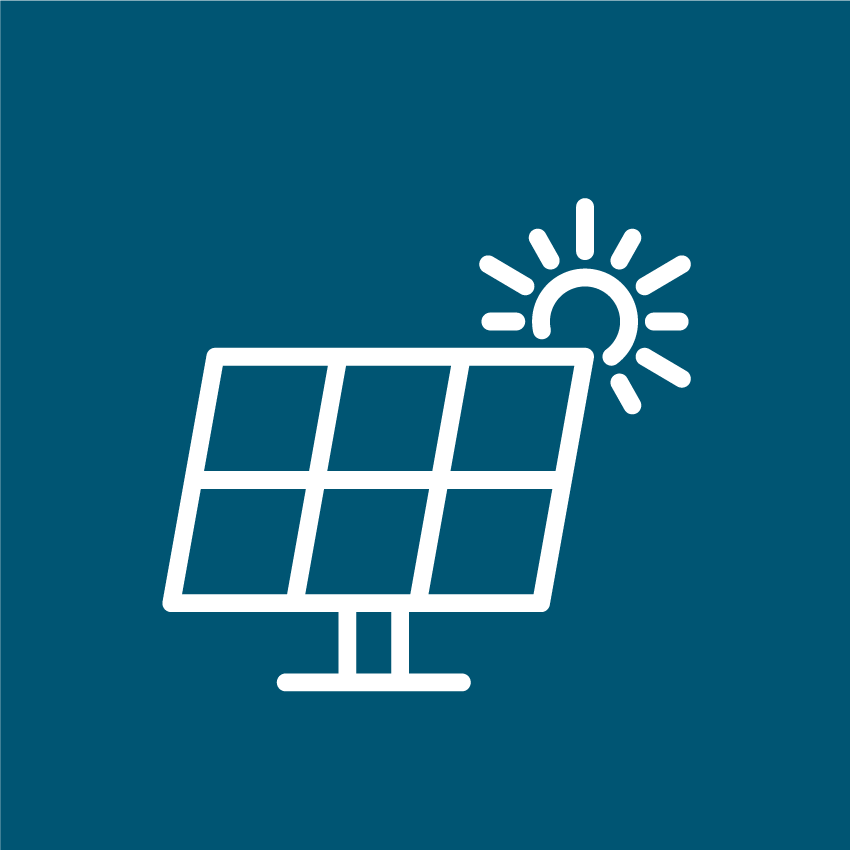What are "Clean Energy" goals?
Clean energy refers to any source of power that doesn't emit carbon during generation and distribution. This includes renewable energy, like wind, solar, and hydroelectric, as well as nuclear power. A clean energy goal creates a target to measure all current and future performance. For Little Rock, that means city operations (which includes energy used in city-owned facilities and fuel used in city-owned vehicles) will use 100% Clean Energy or offset the use of any fossil fuels that still power operations by 2030.
What are we doing about it?
To reach this goal, the Sustainability Office is collaborating with other city departments to determine what mix of energy efficiency upgrades and transportation electrification is feasible for the City of Little Rock. Our strategy includes the formation of an advisory committee, assessment of current utility billing systems, a Greenhouse Gas (GHG) Inventory for city operations, and programs for citywide education and engagement.
Data is being pulled from all city buildings, fleet services, and the city-operated landfill to calculate emissions. With this information, we can employ high-impact actions that have been implemented in American cities similar to Little Rock. The City will use a diverse portfolio of resources, including grant opportunities and programs announced with the Bipartisan Infrastructure Law and the Inflation Reduction Act, to plan for and meet this Clean Energy goal.
Little Rock's Clean Energy Pledge
In the 2022 State of the City address, Mayor Frank Scott Jr. tasked the Little Rock Sustainability Office with creating a plan to transition city operations to 100% Clean Energy by 2030.
We are developing a Greenhouse Gas Inventory that will inform the creation of our Sustainability Action Plan for city operations, including our goal of at least 50% of the City's fleet being electric vehicles by 2030.






 Trash & Recycling
Trash & Recycling
 Online Payments
Online Payments
 City Documents
City Documents
 Parks
Parks
 Traffic Court
Traffic Court
 E-NEWS
E-NEWS
 EXPLORE
EXPLORE
 NEWS
NEWS
 TRANSLATE
TRANSLATE



